When you started your business, I’m sure you knew it wouldn’t be an easy journey. You were aware that storms are a part of life and were prepared to tackle whatever life threw your way.
But even so – none of us were expecting quite the storm that we’ve had in the last few years!
For many business owners, the dark clouds are seriously lacking their silver lining, and it may be difficult to imagine a way forward.
Times are tough, and you may be struggling to make ends meet in your business. It’s natural to feel stressed and anxious, but there are things you can do to help manage your cashflow and keep your business afloat.
How well you and your business will weather the storm will depend on how prepared you are and the actions you take.
So, let’s look at some practical ways for managing cashflow and making it through.
1. Face Your Fears Head-On
When you’re feeling stressed and overwhelmed, it’s hard to cope with anything. The temptation is to bury your head in the sand and ignore your problems, hoping they will just go away on their own. The bad news is, that isn’t going to happen. In fact, it’s likely to make things worse.
The good news is that when you find the courage to face your fears and really look at the state your business is in, you’ll be in a position to do something about it.
2. Allow Yourself To Freak Out, Then Move On
Be prepared for some unpleasant emotions to crop up when assessing the state of your business. Times are tough, and there may be some serious issues. Naturally, it’s scary if your business is struggling.
Allow yourself some space and time to work through those emotions – through journaling, mindfulness, or talking it out. Then you’ll be able to regroup and focus on the present moment.
And believe it or not, facing the worst possible outcome will give you a level of peace and clarity to enable you to dig deep, be resourceful and get through this challenging time.
3. Create A Cashflow Forecast
When times are tough you need to be clear on where you are, what options you have and what actions you can take. A cashflow forecast will help you do this.
If you don't have a cashflow forecast already, don't be intimidated by the thought of doing one. Basically it's a list of money coming in and money going out, and the expected dates.
List all the core expenses that are coming up and all the money you’re expecting to come in. Note down when you’re expecting the money to enter and exit your account.
Ideally, you’ll want to do this for the next 12 weeks, but if that’s too overwhelming, focus on the next four weeks.
Once you’re clear on what the next month holds for your business, you’ll have the information you need to make the right decisions and gain some reassurance and confidence about what the future holds.
4. Focus On What You Can Control
There’s no point worrying about factors outside of your control, such as lockdowns. Instead, focus on the things you can control, including:
● Creating a cashflow forecast
● Delivering the best value and service possible
● Monitoring stock levels
● Controlling and cutting your expenses
● Managing your brand perception and marketing material
5. Take Care Of Your People
One of the toughest areas no one wants to think about is making people redundant. If this is on your mind, it’s surely a concern for your employees, who will also be feeling stressed about the future.
Think creatively about how you can manage your team – perhaps you can negotiate reduced hours or leave without pay. You may be considering shorter hours or restructuring – but remember you have responsibilities under employment law.
Make sure you keep your people informed about how the business is doing. Be upfront and honest, but avoid fearmongering.
6. Think About Tax
Taxes might be the last thing on your mind for now, but they shouldn’t be swept under the carpet either.
Delaying tax payments, instalment arrangements and using tax financing can all help spread the load. The key thing is to keep IRD informed about what's going on. If in doubt chat to your accountant about the best options for you.
7. Talk To Your Bank
Remember that your bank is not the bad guy! They are there to help you get through difficult times and can help you with managing your cashflow.
If you have loans, look at whether it’s worth breaking fixed interest loans and refixing at a lower rate. You might even consider a repayment holiday.
Short term loans or OD extensions can be helpful in a pinch.
Our best advice? Be honest with your bank, talk to them early, and get advice from an accountant before making any big decisions.
8. Manage Your Debtors And Creditors
This is the ideal time to take charge of your finances! Sending invoices frequently and following up on late payments can be hugely helpful in managing your cashflow.
Make it easy for customers to pay, and offer discounts for early payment. Consider requesting deposits or partial payments upfront, and stay on top of your debtors.
At the same time, be a good debtor yourself! Pay your creditors on time if possible. If you’re struggling, keep in touch with them and discuss an instalment plan if that’s an option.
Try not to pass your financial burdens on to other small businesses - use your bank or government support first.
9. Ask For Help With Managing Your Cashflow Sooner Rather Than Later
It’s tough and lonely enough being a business owner under normal circumstances, let alone now in these difficult times.
Don’t be afraid to ask for help and support. Having a sounding board and practical advice to help work out what to focus on first can cut through the overwhelm.
Talk to an accountant sooner rather than later. We have the skills to help you, but the longer you leave it, the narrower your options become and the harder it can be for us to turn things around.
If you want assistance with preparing a cashflow forecast, identifying areas where you can make cuts or ways to get creative, please get in touch with us.





